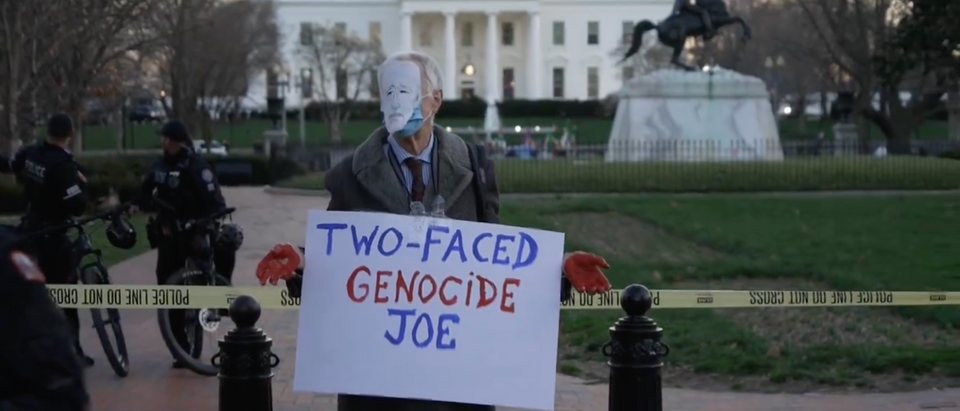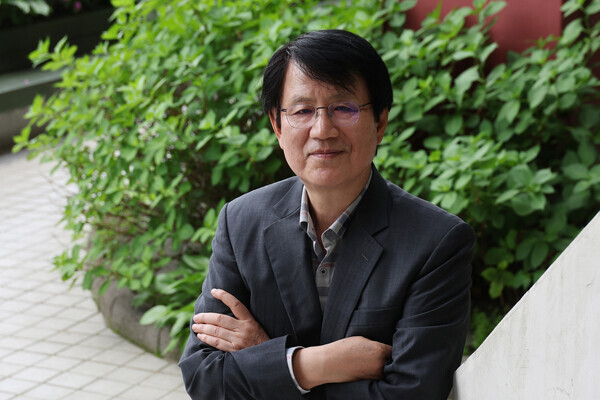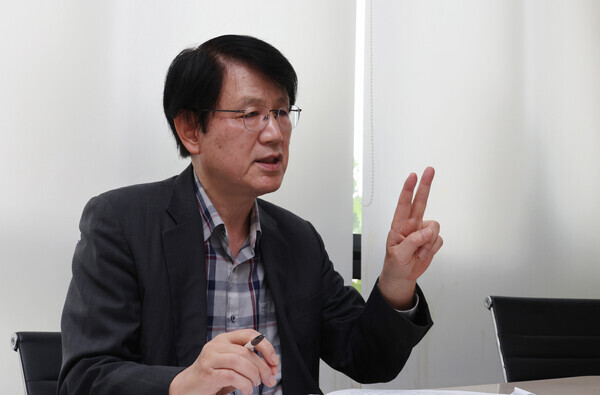At least 224 people, 153 pets rescued in Texas floods with more rain in the forecast
By CNN
As rivers swell across South Texas, leaving homes and businesses flooded and thousands of people displaced, residents have been looking skyward as more rain looms.
At least 224 people have been rescued from homes and vehicles in Harris County, an official said Saturday night, with evacuation orders and flood watches in place, as more rain descended on the state Sunday, with a bull's-eye of excessive rainfall over the already waterlogged Houston area.
No deaths or serious injuries have been reported, Harris County Judge Lina Hidalgo told CNN, adding 153 pets have also been rescued during the deluge.

"It's been really sad to see the impact of people's livelihoods, homes, infrastructure as well as just the public infrastructure," Hidalgo told CNN Saturday.
"We're really asking folks to give it a minute before they go back home."
In some areas, the water had receded Sunday but was still very high.
The first responders took CNN to an area where the banks of the San Jacinto River were not visible.
"It's kinda hard to tell where the river ends," Lt. David Jasper said.
Many people in the City of Houston were evacuated before the worst of the severe weather, Brent Taylor, chief communications officer for the Houston Office of Emergency Management told CNN's Amara Walker Sunday.
"We have Houston Police and Houston Fire who are patrolling these neighbourhoods that are near the river and where the water is gone so high," Taylor said. "There's been some instances where it's someone just yelling for help saying, 'Hey, I'm stuck over here!'"
"We have high water rescue vehicles. We have Jet Skis, we have airboats. Our Houston Public Works Department has dump trucks that can be outfitted to move people through those high waters, so it really is a unified effort to make sure that these Houstonians are staying safe," he added.
The website for the National Oceanic and Atmospheric Administration's West Gulf River Forecast Center shows nine river gauges in Texas in major flood stage, 22 in moderate flooding and 35 in minor flooding.
Forecast calls for rain
Most of the weekend's rain fell over western and central Texas, but there's a significant chance of heavier rain in the greater Houston area Sunday.
The National Weather Service office in Houston posted on X at 1.30 pm CT, the "next round of storms has arrived and continue to train along the I-10 corridor."
Jackson, Wharton, and Colorado counties were under a severe thunderstorm watch in effect until 7 pm Storm activity is expected to wind down this evening.

Earlier, the office said 1 to 3 more inches of rain were possible by Monday morning. Some areas could see up to 4 to 8 inches.
"Because of multiple rounds of heavy rain over the past week, flooding may be seen earlier than would be expected under typical conditions. Rainfall today will continue to exacerbate existing river flooding," warned the Houston weather service office.
The rainfall amounts in the region have been huge over the past week, with some areas picking up two months' worth of rain in five days.
There is relief on the horizon, however. The rest of the week's forecast for Houston is showing dry weather and warm temperatures from Monday through Saturday, with lots of sunshine to help dry the region out.
This week's storms were just the latest in a series of brutal weather events that have pounded the state since early April. Dozens of tornadoes have hit from the Panhandle to the Gulf Coast, some areas of the state have been pounded with softball-sized hail and months of rain has fallen in East Texas in intense spurts, causing rivers to rise to levels not seen since the devastating floods of Hurricane Harvey in 2017.
Mandatory evacuations are in place in counties in and around the Houston area, as local officials make comparisons to past disasters. The flooding is "85 per cent worse than Hurricane Harvey," Emmitt Eldridge, San Jacinto County's emergency management coordinator, told CNN. "This has been a historic flood for Walker County. We have flooded more from this event than we did during Hurricane Harvey," Sherri Pegoda, Walker County's deputy emergency management coordinator, said.
A mandatory evacuation order remains in place for low-lying unincorporated areas of Polk County through Sunday evening, emergency managers said in a Facebook post, as are homes along rivers in Harris and Montgomery counties.
Disaster declarations are active for over a third of Texas counties after Texas Governor Greg Abbott expanded the storm-related declarations in response to the flooding, according to a news release. Additional counties could be added in the coming days, particularly with more storms in the forecast.






